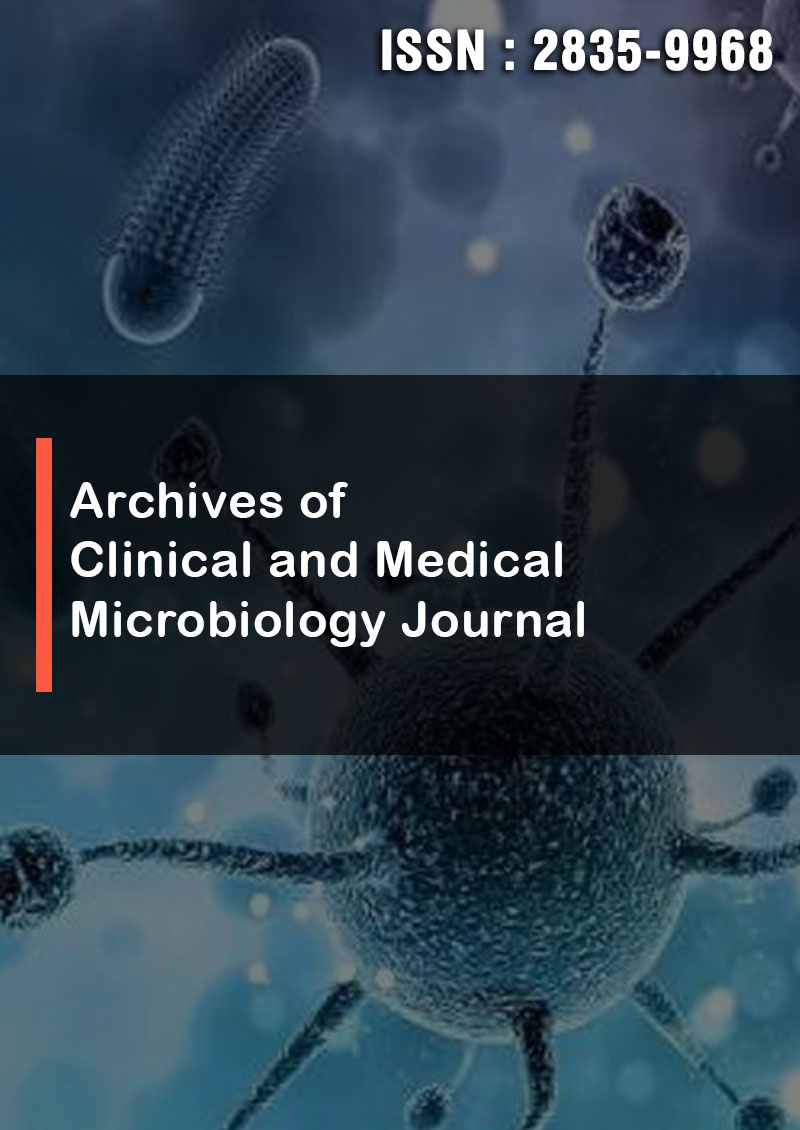Compliance With Guidelines of Hypertension Management, and Associated Factors; A Retrospective Cross-Sectional Study Conducted Among the Health-care Workers
Abstract
Gebremeskel Mulatu, Daniel Mengistu and Bizuayehu Atinafu Ataro
Background: The prevalence of hypertension complications significantly surging from time to time. The patients are suffering from compromised quality of life, permanent disability, and premature death in developing countries. The question of why this gap? hasn’t got a clear response yet.
Method: An institutional-based retrospective cross-sectional study designed from patient medical record data was used to assess compliance with hypertension management guidelines. Medical records of adult Patients treated for hyper- tension from March 2019 to March 2020 were reviewed. Systematic sampling technique from patients’ medical records every 10th interval was taken to reach the total sample size. The collected data were checked for completeness, con- sistency, and accuracy before analysis. Data were coded, entered, and cleaned using Epi-data 7 and exported to SPSS version 25 for analysis.
Results: A total of 384 hypertension cases were taken from 2356 cases. Overall compliance with the hypertension guide- line was found to be poor; only 75(19.5%) patients managed to follow the guideline in these institutions. The majority complied with the pharmacological Antihypertensive treatment protocols for 238(62.0%) patients, while for 146(38.0%) of the patients the guideline was not followed. Combining the lifestyle modification recommendations and pharmaco- logical antihypertensive treatment to assess compliance with the hypertension management guideline, only 75(19.5%) patients managed as per the guideline, while 309(80.5%) did not.
Conclusion: Nearly more than two-thirds of the patients were not managed following the national hypertension guide- line, and failing to recommend lifestyle modifications implies, as a result, the majority of the hypertensive patients are being exposed to complications and the need of urgent intervention by the stakeholders against the gap.



